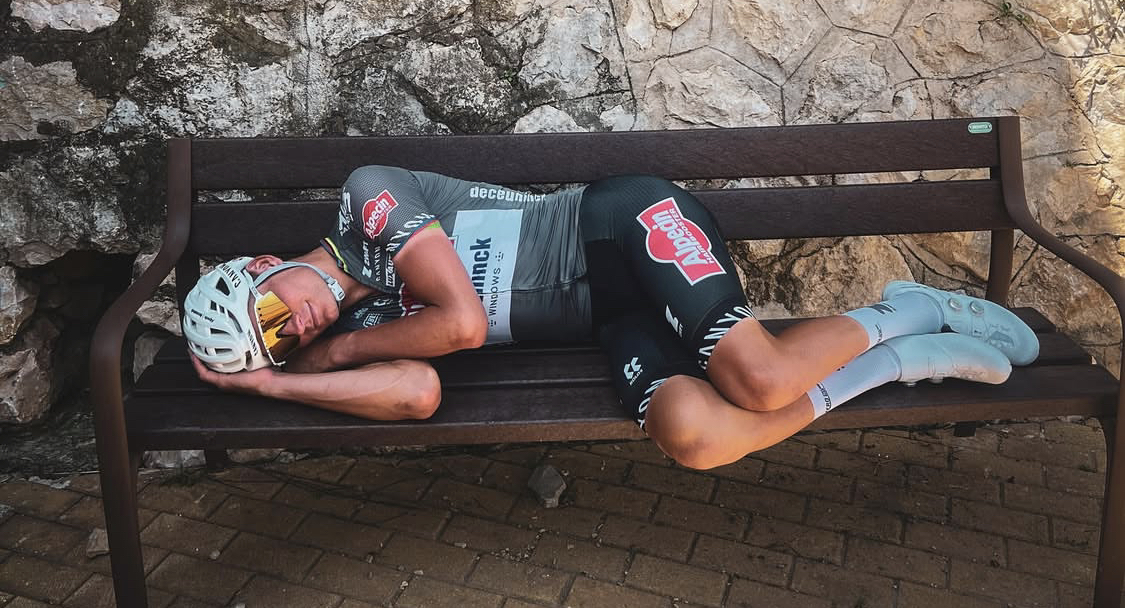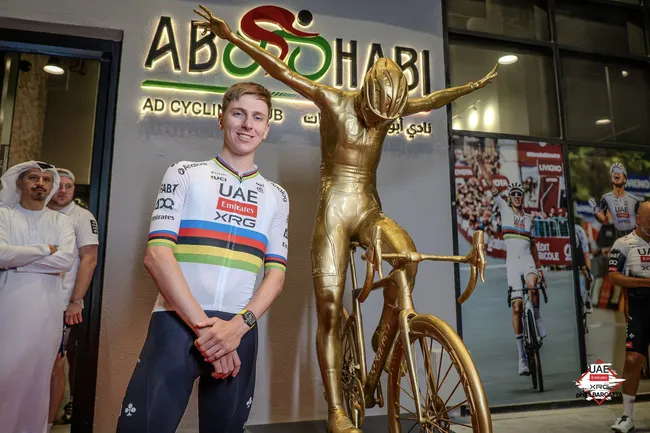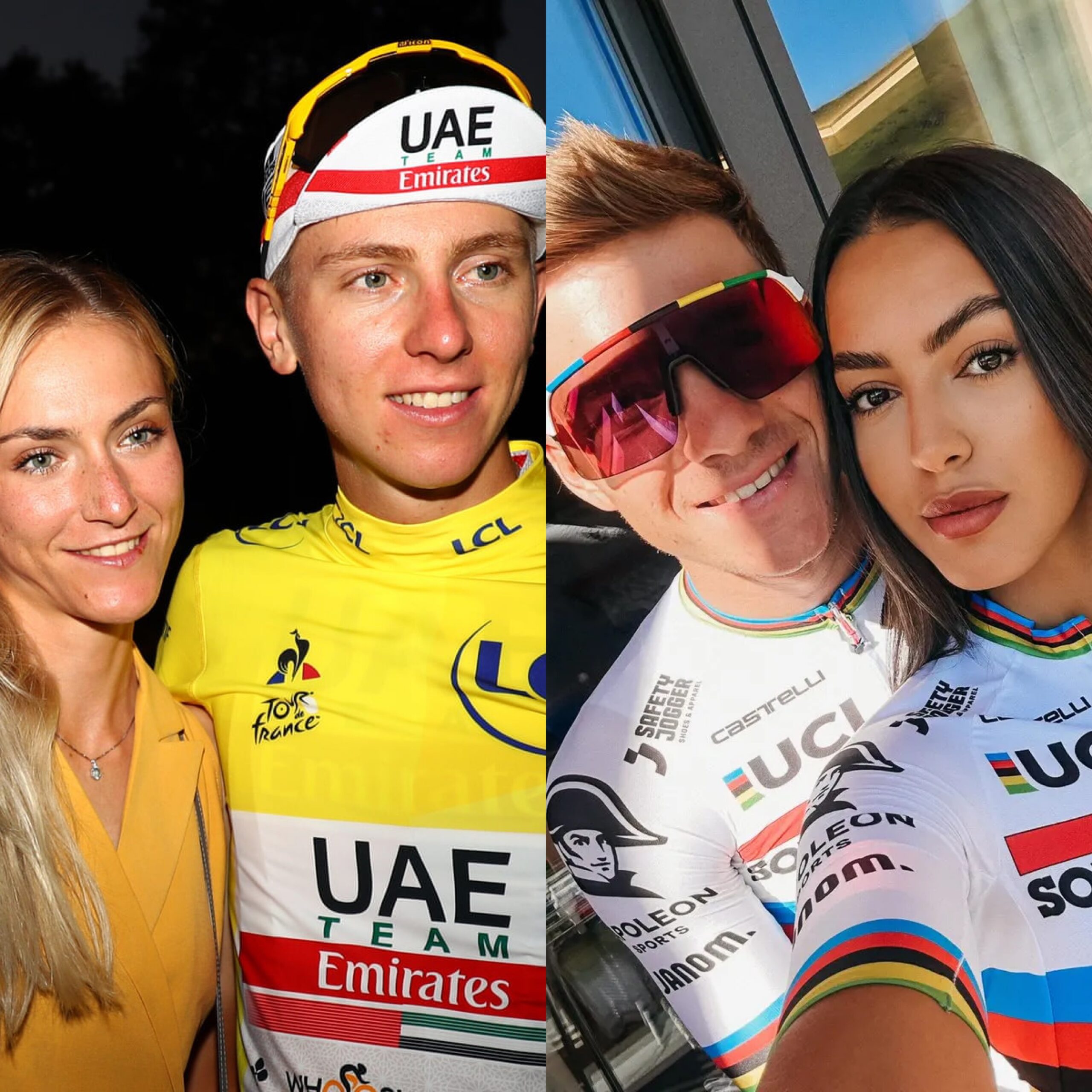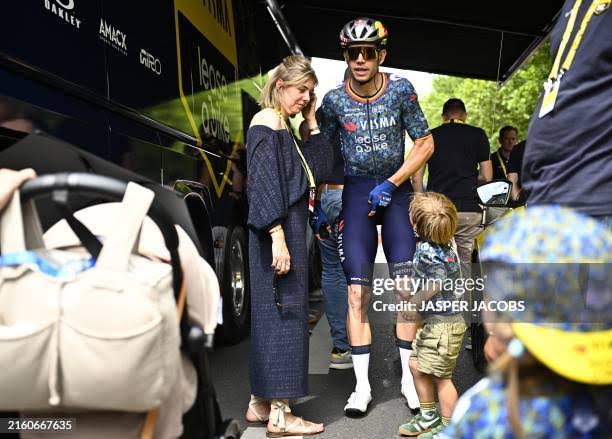**Keep that Tour de France coming: Mathieu van der Poel shows how he prepared in detail**
As the cycling world gears up for the grandest and most prestigious race of the season—the Tour de France—one rider’s meticulous preparation and unwavering determination stand out: Mathieu van der Poel. The Dutch superstar, known for his explosive power, versatility, and charismatic presence, has left no stone unturned in his quest to conquer the Tour this year. His social media updates, training logs, and recent race performances paint a vivid picture of a rider fully committed to peak condition, ready to make a significant impact on the iconic race.
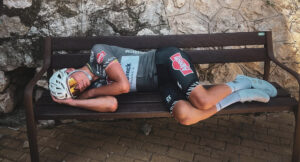
The Road to the Tour: An Elaborate Preparation Regimen
Van der Poel’s journey to the Tour de France has been marked by strategic planning, rigorous training, and carefully curated racing blocks. Unlike some of his rivals who may focus solely on stage races or one-day classics, van der Poel’s approach is holistic—aiming to optimize his form across multiple terrains and situations.
Early Season Foundations: Building Blocks of Power
The foundation of van der Poel’s preparation began early in the season, with a focus on building endurance and strength. His training included long rides to develop aerobic capacity, combined with targeted intervals designed to enhance his explosive power—particularly crucial for the sprints, cobbled classics, and mountain stages of the Tour.
The Critérium du Dauphiné: A Crucial Tune-Up
In June, van der Poel participated in the Critérium du Dauphiné, a renowned week-long race often used as a testing ground for Tour contenders. His performance there served multiple purposes:
– **Race Simulation:** The Dauphiné’s challenging routes mimic many aspects of the Tour—mountain climbs, steep descents, and tactical racing—allowing van der Poel to assess his form in real racing conditions.
– **Fitness Confirmation:** Finishing strongly or achieving notable results provided confidence that his training was translating into race-ready fitness.
– **Tactical Preparation:** Racing in a competitive peloton exposes a rider to race dynamics, team strategies, and the mental toughness required for the Tour.
Final Altitude Camp in Spain: Peak Conditioning
Following the Dauphiné, van der Poel headed to Spain for a dedicated altitude camp. Altitude training has long been a staple in preparation for Grand Tours, allowing riders to increase their red blood cell count, boost oxygen delivery, and enhance overall endurance.
– **Location and Environment:** The Spanish mountains, with their high-altitude passes and varied terrains, offer ideal conditions for altitude training.
– **Training Focus:** Sessions included long climbs at altitude, interval work, and recovery rides, all designed to fine-tune his physiological parameters.
– **Recovery and Nutrition:** Careful attention was paid to nutrition, hydration, and recovery protocols to ensure optimal adaptation and avoid overtraining.
Social Media Insights: A Window into Preparation
In the age of digital connectivity, van der Poel’s social media updates provide fans and analysts with a behind-the-scenes look at his meticulous preparation:
– **Training Clips:** Videos of intense climbs, sprint intervals, and technical drills showcase his dedication.
– **Nutrition and Recovery:** Posts highlighting his diet, physiotherapy sessions, and rest days underline the importance of holistic preparation.
– **Mental Focus:** Inspirational messages and reflections demonstrate his mental resilience and desire to perform at his best.
Physical and Tactical Readiness: The Key Factors
Van der Poel’s preparation goes beyond physical training. His mental readiness and tactical understanding are equally crucial:
– **Race Strategy:** Working closely with his team, Alpecin-Deceuninck, he has devised plans tailored to his strengths—whether targeting stage wins, breakaways, or supporting team leaders.
– **Versatility:** His ability to excel in sprints, hilly terrains, and cobbled classics makes him a wildcard for various stages.
– **Team Support:** A strong team backing him provides tactical options, drafting support, and protection against rivals’ attacks.
Challenges and Expectations
While van der Poel’s preparation appears thorough, the Tour de France is notoriously unpredictable. Factors such as race-day conditions, crashes, team dynamics, and strategic decisions can influence outcomes. Nevertheless, the meticulous approach he has taken suggests he is well-positioned to contend for stage wins and possibly overall classification.
The Significance of Van der Poel’s Approach
His detailed preparation underscores a broader trend in professional cycling—an emphasis on data-driven training, recovery optimization, and psychological resilience. Van der Poel exemplifies how modern riders blend traditional training wisdom with innovative techniques to maximize performance.
Looking Ahead: What Fans Can Expect
As the Tour de France approaches, fans and analysts will be watching closely to see how van der Poel’s preparatory efforts translate into race-day performance. His versatility and determination make him a compelling contender for multiple stage wins, and potentially, the overall classification if circumstances align.
Mathieu van der Poel’s journey to the Tour de France is a testament to his professionalism, dedication, and strategic mindset. From early-season foundations to intensive altitude training and race simulations, every aspect of his preparation reflects a desire to leave no detail overlooked. As the peloton prepares for the start, all eyes will be on the Dutchman, eager to witness whether his meticulous approach will culminate in Tour de France glory. One thing is certain: with such a comprehensive preparation, van der Poel is more than ready to make his mark on cycling’s most legendary race.
